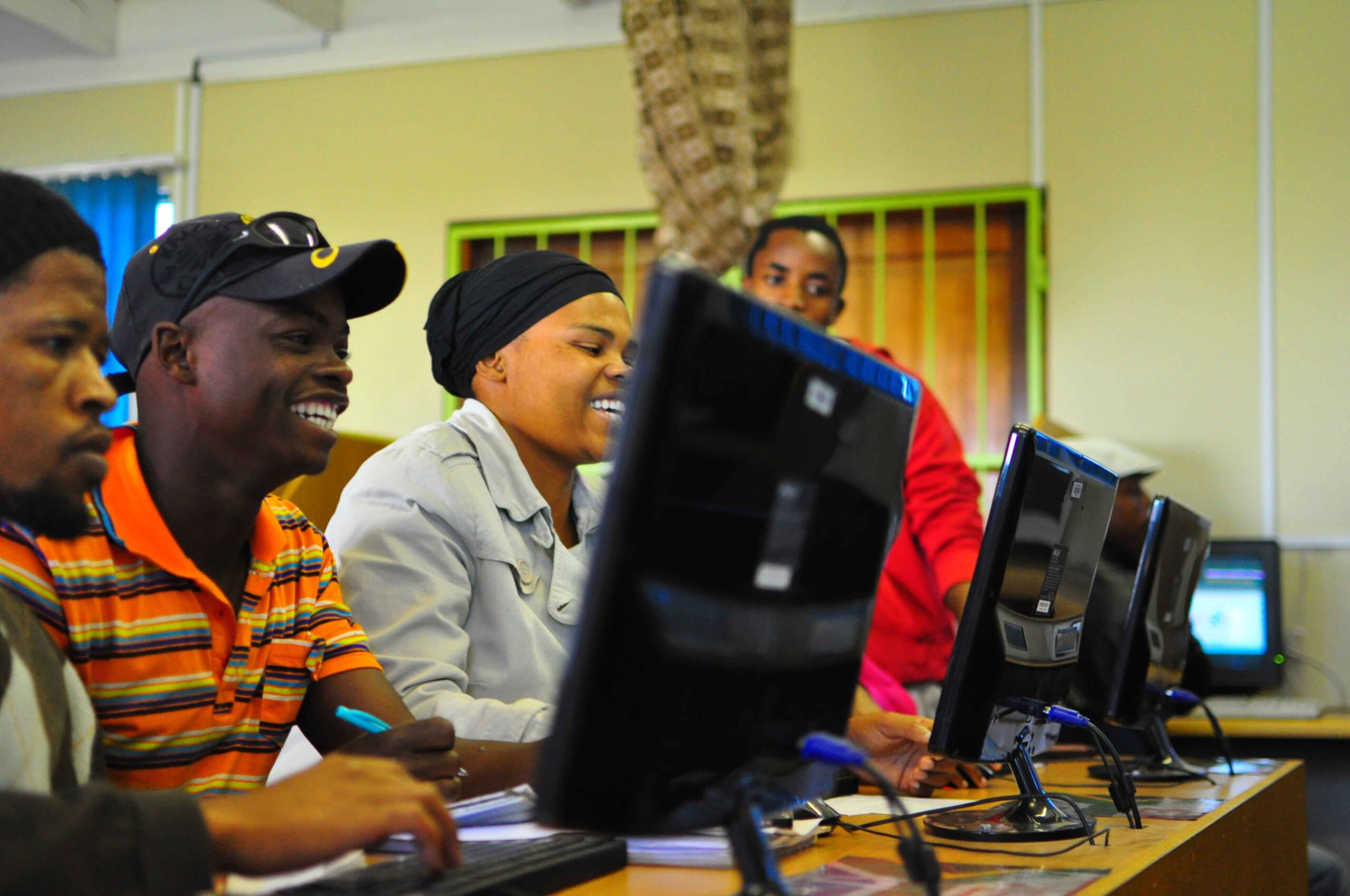The Human Sciences Research Council (HSRC) has published a new study on human trafficking in South Africa. According to the study, there are 250,000 victims in South Africa. Professor Phillip Frankel, the author of Human Trafficking in South Africa discussed this with eNCA’s Barron Hufkie.
Prof Philip Frankel has worked on trafficking issues for over a decade and also authored the only other book on the subject in South Africa, Long Walk to Nowhere: Human Trafficking in Post-Mandela South Africa, which came out in 2017. The new book, Human Trafficking in South Africa, is an update of the earlier work.
The new book goes beyond anything ever written in its exploration of the various forms of trafficking. Chapters on sex, labour and child trafficking are supplemented by material on child organ trafficking for muti murder, illegal adoption, and ‘baby farming’ of children for exploitation by foster parents.
The section on sex trafficking includes a discussion of current initiatives to decriminalise all forms of sex work. Labour trafficking is especially emphasised because it pervades complex, long and vulnerable supply chains in all sectors of the economy, mining, agriculture, industry and tourism.

Since 2017, a national policy framework (NFP) to implement South Africa’s comprehensive national law – the Prevention and Combating of Trafficking in Persons (PACOTIP) – has been established. Readers can expect unprecedented material on the mechanics of the NFP, especially the provincial structures set up to deal with trafficking at provincial level.
Prof Frankel notes that the whole system is an abject failure because of lack of finance, poor coordination, and selective participation by government departments and the South African Police Service (SAPS). Many of these problems reflect similar dysfunctions in mitigating human trafficking in countries in the surrounding sub-continent.
“Successful prosecution of traffickers is minimal despite a possible 250,000 victims in South Africa alone. There is rampant corruption in the SAPS and other departments such as the Department of Home Affairs, some of whose senior personnel are complicit with perpetrators in sophisticated transnational cartels,” says Frankel. He adds that public consciousness about trafficking is also limited, so many gut-wrenching trafficking crimes go unreported and uncounted.
“Trafficking has increased precipitously in the wake of COVID-19 and loadshedding to unprecedented levels and, according to international barometers, our counter-trafficking initiatives are stalled or losing ground.
“Confronting the challenge at this point requires a multi-dimensional initiative that includes more training and accountability in the criminal justice system, and widespread awareness training among key government and civil society stakeholders.
“This includes teachers, learners, social workers and psychologists as well as corporate activity to monitor and report on supply chains particularly vulnerable to trafficked labour. Current initiatives by banks and financial services to curb money laundering by trafficking cartels should also be extended throughout the financial services sector,” says Prof Frankel.


